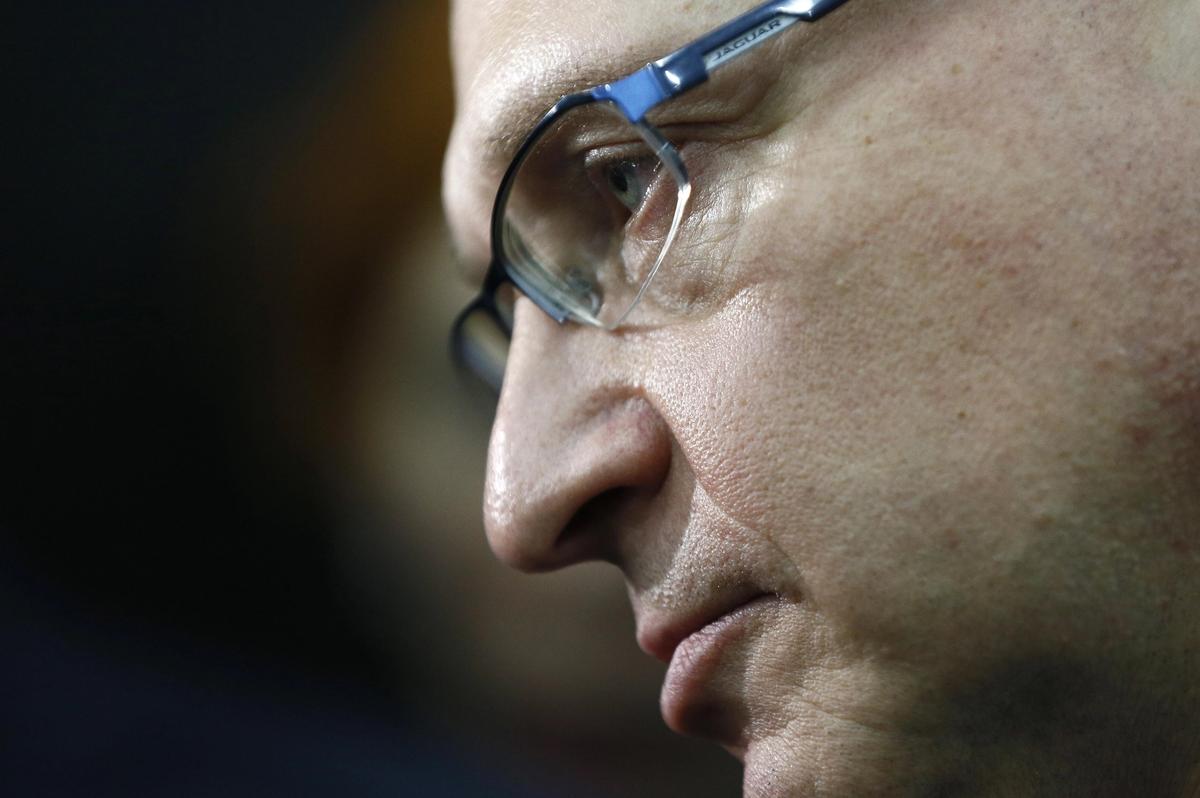Russia will allocate an additional 1 billion rubles ($12.1m) to support cultural projects that face sanction, Sergei Kirienko, President Vladimir Putin’s deputy chief of staff, who is known for his role in cultural policy, told the official Tass news agency on 30 March.
Numerous cultural institutions in Europe and the US cut off ties with Russian institutions and cultural figures after Russia’s 24 February invasion of Ukraine. Kirienko says that individuals became subject to “sanctions pressure” due to “their patriotism and loyalty to the country”.
The opera singer Anna Netrebko and the conductor Valery Gergiev lost contracts for not explicitly condemning Putin and the invasion, while Mikhail Piotrovsky, the director of the State Hermitage Museum in St Petersburg, was expelled from the Bizot Group of top international museum directors.
“These are funds that can and should go towards supporting cultural projects connected with Russian cultural identity, traditional spiritual and moral values, and the support of collectives and cultural figures who have become targets of sanction pressure,” Kirienko told the news agency.
The criteria in effect spelled out the restrictions on Russian cultural expression as the Kremlin cracks down on all dissent since the invasion. The words “war” and “invasion” could land someone in prison with a 15-year sentence for spreading “fakes” about what is officially referred to as a “special military operation”.
Militant sermons
Vladimir Legoyda, a spokesman for the Russian Orthodox Church, spoke out in his Telegram channel about the “severe ostracism” of Russian culture in the West, while Patriarch Kirill I has given increasingly militant sermons in support of the war.
At the same time, Legoyda wrote that there is a plus side to the “cancellation” of Russian culture abroad since it “pushes Russians to focus more on supporting and developing our own cultural projects”. He noted that several projects supported by the Russian Orthodox Church had won grants, including a historical reconstruction of part of a 13th-century battle against German knights led by Alexander Nevsky, often referred to by Russian leaders today, and a series of “themed masterclasses” related to Peter the Great for low-income families.
Thousands of cultural figures who are opposed to the invasion have left Russia for Riga, Yerevan, Tbilisi, Istanbul, Berlin and anywhere they could land after hasty departures and limited access to flights and visas. Several had Zs—the swastika-like symbol of Russia’s campaign in Ukraine—sprayed on their doors before departure, including the theatre critic Marina Davydova and the film critic Anton Dolin. Several theatres in Moscow and across Russia have put Z banners up on their façades. So far, there have not been reports of Zs popping up at Russia’s major museums, but they might be made mandatory for what have become highly ritualised 9 May celebrations of the Soviet Union’s Victory Day over Nazi Germany.


